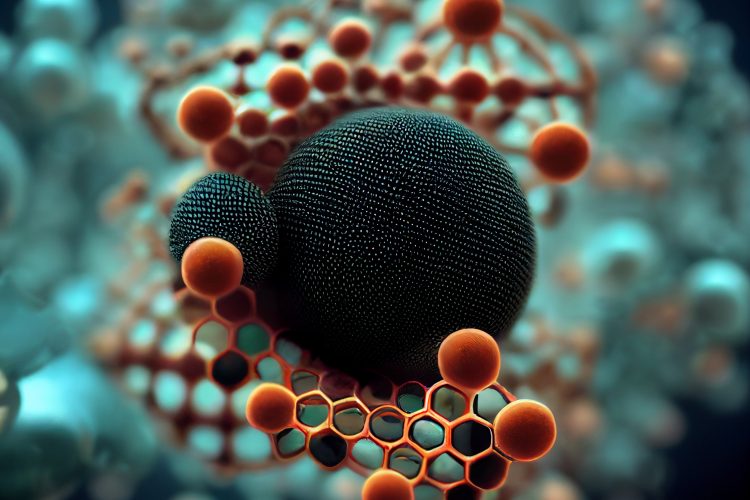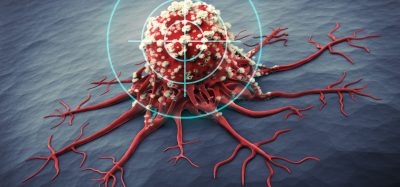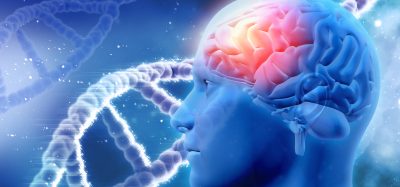Transforming disease diagnosis with new nanoparticles
Posted: 26 August 2024 | Drug Target Review | No comments yet
A new class of RNAs packed into extracellular vesicles have potential as biomarkers for prostate cancer and other diseases.


A new class of RNAs packed into extracellular vesicles (EVs), identified by researchers at the Ichan School of Medicine at Mount Sinai, could transform how diseases such as cancer are diagnosed. The group discovered that these molecules undergo changes when cancer is present, indicating their potential as biomarkers for detecting prostate cancer or as targets for therapy.
Following the discovery of the RNA molecules in the blood and urine of prostate cancer patients, the team named them ‘Extracellular Vesicles-Associated Unannotated Genomic Regions’ (‘EV-UGRs’). Often referred to as the ‘dark matter’ of the human genes, UGRs are believed to be key for controlling how genes are switched on and off, as well as how genetic instructions are translated into proteins.
A collaboration between the laboratory of Dr Navneet Dogra, assistant professor of pathology, molecular and cell-based medicine and a member of Ichan Genomics Institute and Dr Gustavo Stolovitzky, formerly an adjunct professor at Ichan Mount Sinai and researcher at the IBM Watson Research Center, found that EVs carry these previously unidentified pieces of RNA dark matter.
Biomarkers aren’t just supporting drug discovery – they’re driving it
FREE market report
From smarter trials to faster insights, this report unpacks the science, strategy and real-world impact behind the next generation of precision therapies.
What you’ll unlock:
- How biomarkers are guiding dose selection and early efficacy decisions in complex trials
- Why multi-omics, liquid biopsy and digital tools are redefining the discovery process
- What makes lab data regulatory-ready and why alignment matters from day one
Explore how biomarkers are shaping early drug development
Access the full report – it’s free!
Dr Dogra commented: “Until now, the RNA ‘dark matter’ associated with extracellular vesicles and exosomes has been largely ignored. My team wanted to explore whether EV-UGRs could be valuable for disease monitoring.”
He continued: “We tracked prostate cancer patients before and after prostate cancer surgery and were surprised to find that EV-UGR RNA expression changed following the surgery. This is, to our knowledge, the first study to detail these ‘dark matter’ RNA molecules, EV-UGRs, in unprecedented detail in the context of prostate cancer.”
The results showed that blood EV-UGRs undergo alterations in the presence of cancer, offering potential for diagnosing prostate cancer through simple liquid biopsies, a less invasive and painful approach. The team utilised next-generation small RNA sequencing to rapidly analyse human tissues and fluids. Also, they developed a cost-effective liquid biopsy test, produced tools to isolate EVs from the blood and urine and created a computer pipeline to recognise the new types of RNA.
The discovery of EV-UGRs also potentially promises non-invasive diagnosis for other diseases as well. Moving forward, the team plan to confirm their findings through randomised clinical trials.
This study was published in the Journal of Extracellular Vesicles.
Related topics
Clinical Trials, Drug Targets, Nanoparticles, RNAs
Related conditions
Prostate cancer
Related organisations
IBM Watson Research Center, Ichan Genomics Institute








